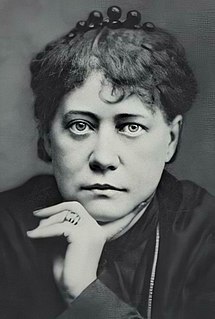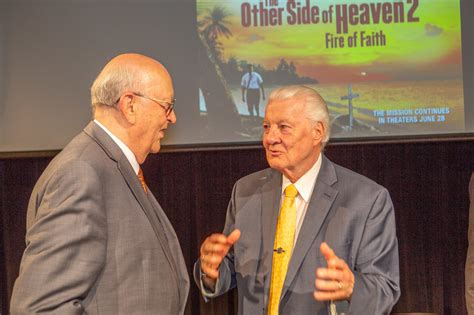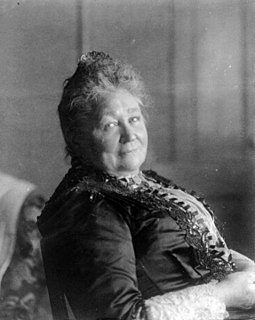A Quote by Noah Feldman
Empires inevitably fall, and when they do, history judges them for the legacies they leave behind.
Related Quotes
History is made of empires, and the United States was by far and away the greatest, richest, and fairest empire that had every dominated the earth. Inevitably, it would fall. Empires always did. But we were lucky, you said. We got to participate in the most fascinating social experiment ever attempted.
Theories of history used to be supernatural: the divine ruled time; the hand of God, a special providence, lay behind the fall of each sparrow. If the present differed from the past, it was usually worse: supernatural theories of history tend to involve decline, a fall from grace, the loss of God's favor, corruption.
We can leave a place behind, or we can stay in that place and leave our selfishness (often expressed in feeling sorry for ourselves) behind. If we leave a place and take our selfishness with us, the cycle of problems starts all over again no matter where we go. But if we leave our selfishness behind, no matter where we are, things start to improve.



































